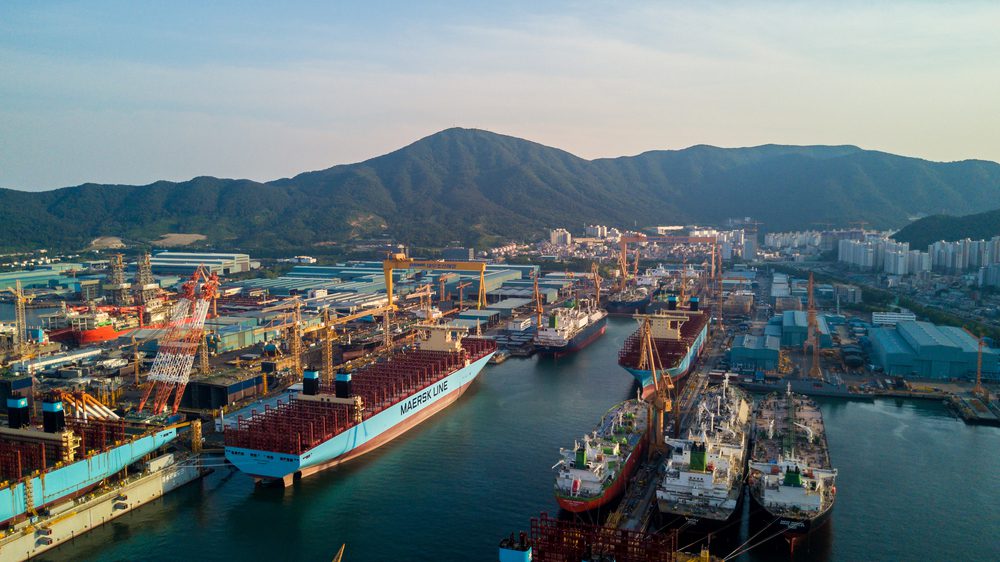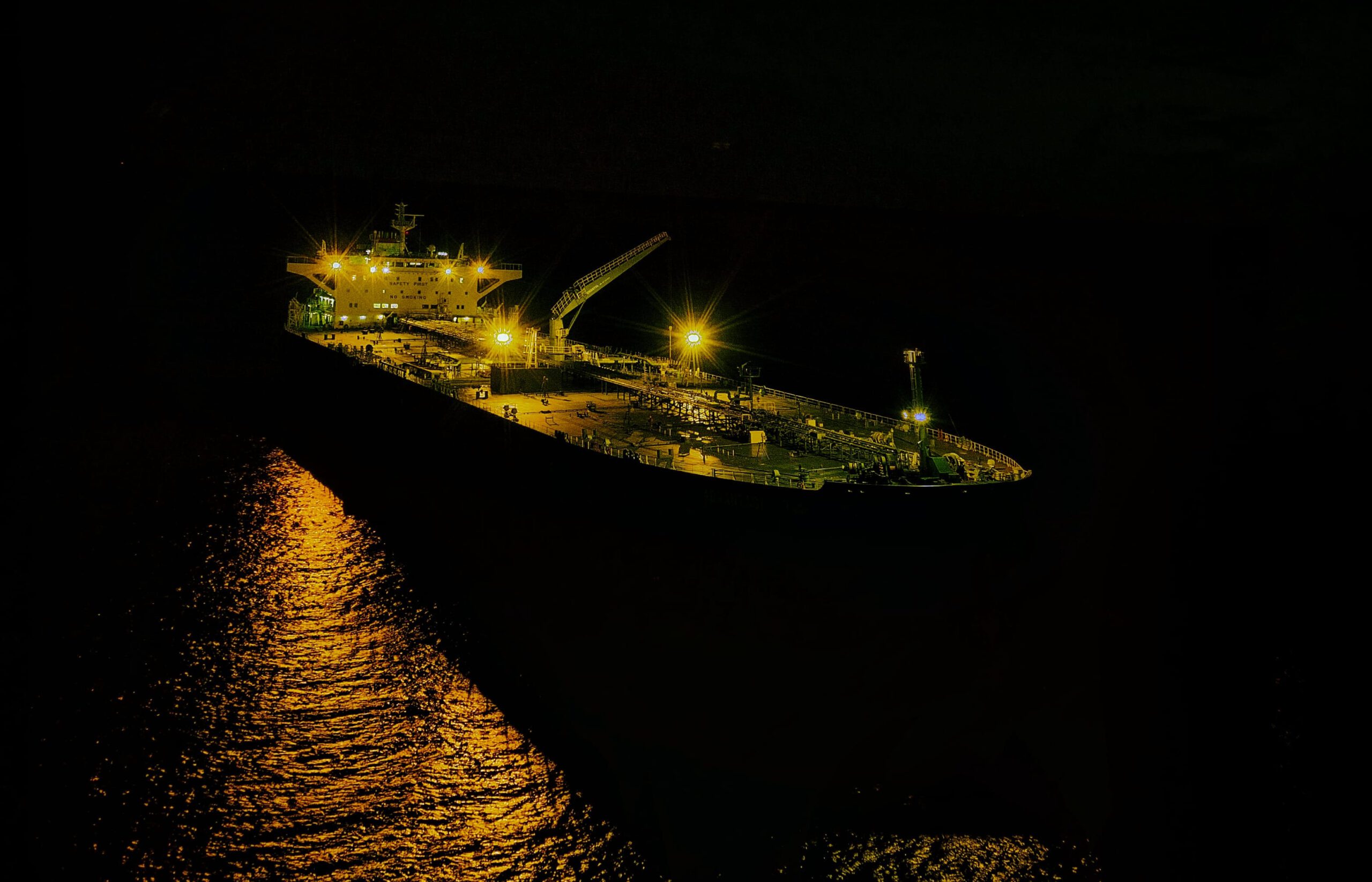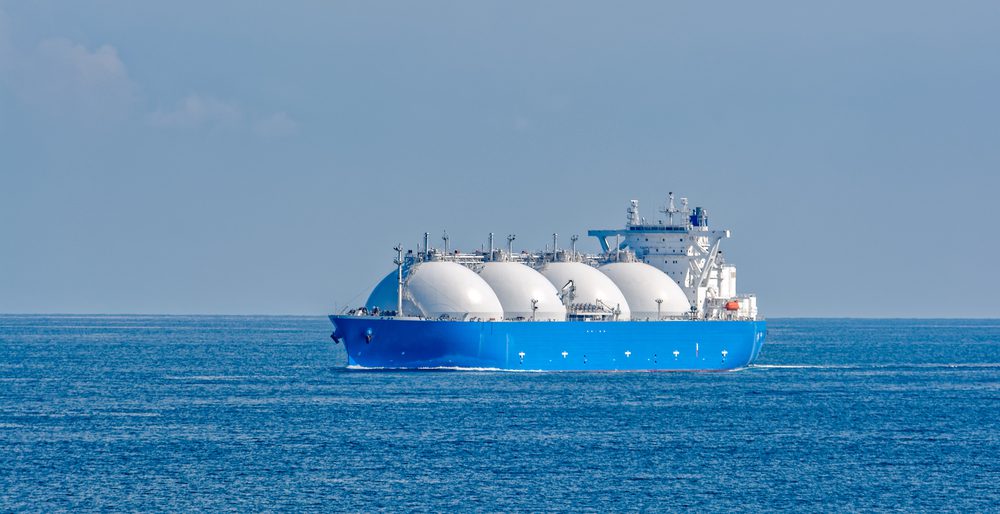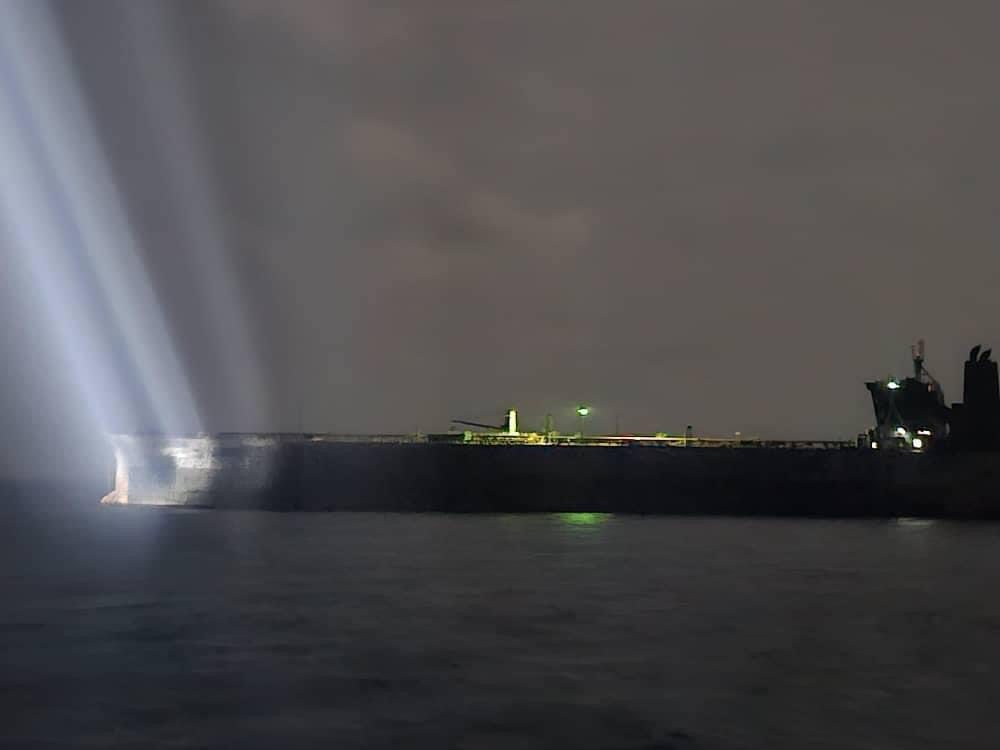A pair of NGOs is calling on the world’s largest shipbuilding nation to increase zero-emission shipbuilding and port infrastructure subsidies, end all fossil fuel shipbuilding and bunkering build-out, and firmly take the lead on zero-emission shipping in Asia.
Seoul-based Solutions for Our Climate (SFOC) and Pacific Environment released a new report this week providing “an achievable vision” for green shipping and a zero-emission future for the Korean shipping industry, which they call a critical “bloodline” for the nation’s economy considering 99.7% of South Korea’s imports and exports are transported by sea.
“If Korea, the leading shipbuilder in the world, fails to rapidly embrace the clean energy transition in ocean shipping, it risks losings its foothold and dominance in the shipping and shipbuilding industries,” the NGO’s said in a statement.
South Korea is a leading nation in both shipping and shipbuilding, ranking 7th for the number of vessels owned, 4th based on traffic at container ports, and 1st based on construction of ships, according to the report. Recently, at the 27th Conference of the Parties of the United Nations Framework Convention on Climate Change, aka COP27, Korea agreed to work with the United States on feasibility study for Busan and Seattle/Tacoma ports’ green corridor, but the NGOs believe that some key policy recommendations can accelerate Korea’s zero-emission goals.
“Today was an important step in progressing Korea’s shipping decarbonization efforts,” said John Yum from Solutions for our Climate. “SFOC, a climate research and advocacy group, jointly hosted a seminar with PE, where a scoping report of the shipping landscape of Korea was launched. The seminar focused on how to accelerate and encompass various ways to decarbonize the Korea’s shipping industry.”
“South Korea is well positioned to help lead the world towards zero-carbon shipping and zero-emission ports,” said Madeline Rose, Pacific Environment’s Climate Campaign Director. “If the government fails to harness this moment in climate history and transition its maritime industry to clean energy, the country risks losing shipbuilding market share to other competitors. The policy recommendations in our report outline an initial pathway towards faster, greener shipping and ports in South Korea.”
The report provides four priority policy recommendations to accelerate Korea’s efforts to achieve zero emissions.
- Commit to 100% zero-emission shipping no later than 2050, ideally 2040, and set zero emission At-Berth policy by 2030 and zero emission standards for harbor craft such as ferries by 2035;
- Implement its first green corridor and expand green corridors to other ports and countries;
- Accelerate and increase investments in green propulsion technologies and green hydrogen fuels; and
- End public financing for fossil-fueled ships, including both heavy fuel oil and Liquified Natural Gas (LNG).
READ THE REPORT. Korea’s Green Shipping Pathways: The Korean Shipping Landscape and Policy Recommendations for Ocean-Climate Leadership in Shipping

 Join The Club
Join The Club











